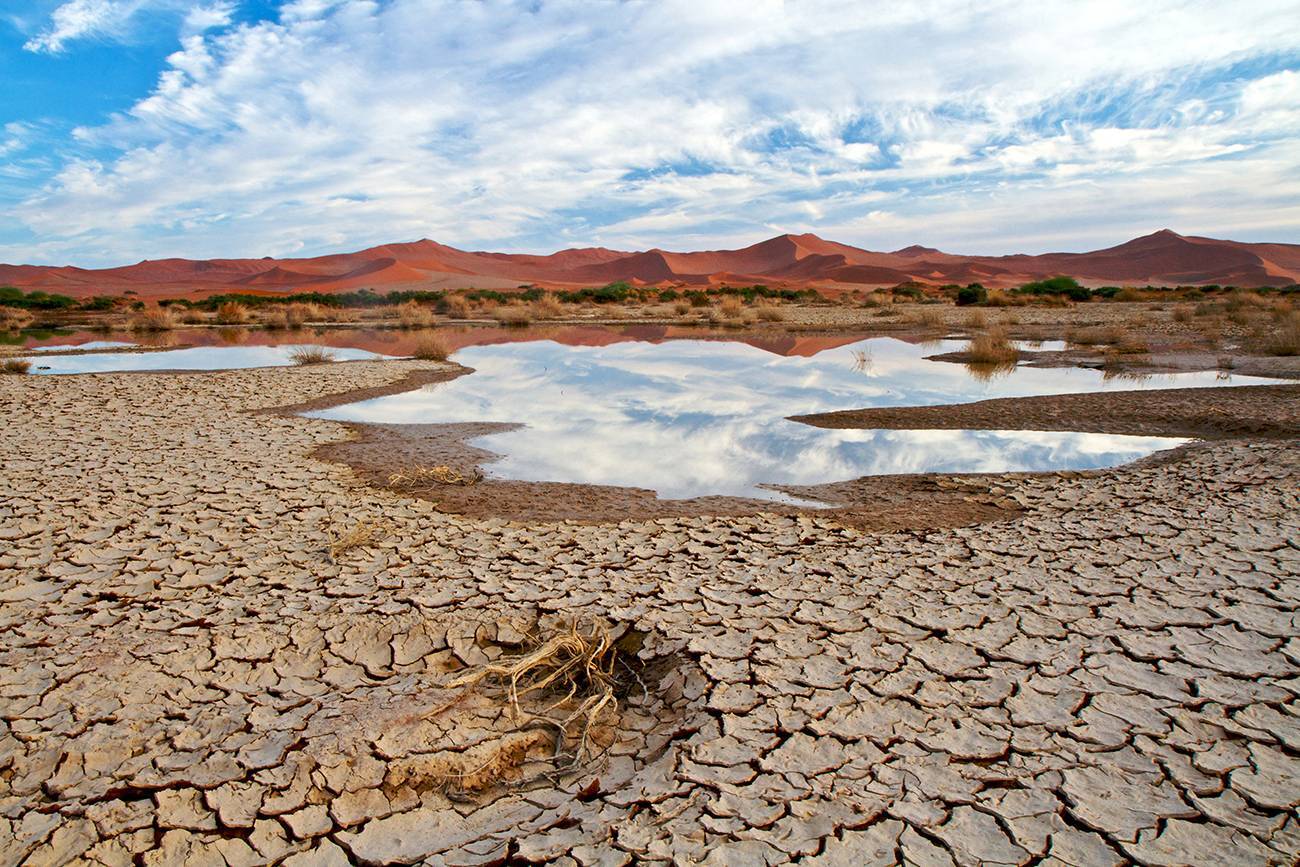Water scarcity challenge for the Middle East and North Africa (MENA) region
Tuesday 16th January 2018

The Middle East and North Africa (MENA) region is one of the most water stressed regions of the world with natural resources dwindling dramatically.
The region is home to 6.3 percent of the world’s population but has access to approximately 1.4 percent of the world’s renewable fresh water, with availability approximately 1,200 m3 per person/year for the region.
Combine rising populations (the Dubai 2020 Masterplan estimates a population of 2 million in 2020 – compared with just 20 thousand in 1950), with the naturally hot and arid environment, mass urbanization, industrial development and climate change, and it’s a recipe for a very real problem; too little water.
Embracing a new approach to water management solutions
Water scarcity is not new concept for the region, but traditional solutions are unsustainable. The environmental cost of using fossil fuels to generate potable water through desalination to supplement the depleted aquifiers, and the reliance on water from outside of the region in the form of imported foods makes it clear that these practices should have no long-term role in the region’s day to day approach to water use.
Faced with the twin problems of water scarcity and limited access to safe alternative sources, the MENA region must confront the challenge and embrace a new approach, but the challenge will be whether the governments and population can accept the required changes.
Leading the call for change is the GCC - sustainability in general terms is right at the heart of numerous Gulf region visions, strategies and plans, such as UAE Vision 2021 and UAE Centennial 2071, as well as regulations and legislation including Estidama, GSAS/QSAS and the Dubai Green Building Regulations.
These visions set out ambitious targets for the region, but for them to work and have the impact required, they require everyone living, working and conducting business in the region to take responsibility and implement genuinely sustainable practices.
Water management solutions in practice
Management of demand for a depleting natural resource is fundamental to the region’s future and success with the domestic, industrial and agriculture sectors major players. A reduction in system losses and uneconomic use to globally acceptable levels could prevent severe repercussions.
The construction industry can help by adopting a responsible mind set of sustainability and to build practical, sustainable and economical drainage and water reuse solutions into building projects.
Solutions to be considered to alleviate ensuing water shortage issues include grey/black water treatment, condensate recovery from commercial AC systems, solar generated reverse osmosis water reatment, economic reform, retention of storm/surface water into infiltration tanks to assist balance between water extraction and replenishment of the aquifers to environmentally sustainable levels and Sustainable urban Drainage Systems (SuDS) are all viable options that should be considered.
“The region has the highest per capita rates of freshwater extraction in the world and currently exploits over 75 percent of its renewable water resources” (EcoMENA – Echoing sustainability) these are a few of the current trends being discussed, but none of these ideas will be of benefit unless conviction and change comes from within.
However, none of these ideas will be of benefit unless the conviction and change comes from within.
Is the region ready to face the reality and challenge?
Contact us today to discuss the transformative solutions for your project:
Tel: +971 (0) 4 518 3000
Email: middleeast@polypipe.com
